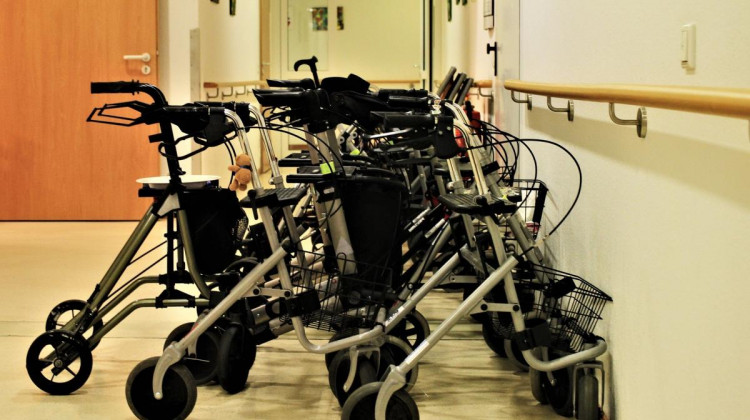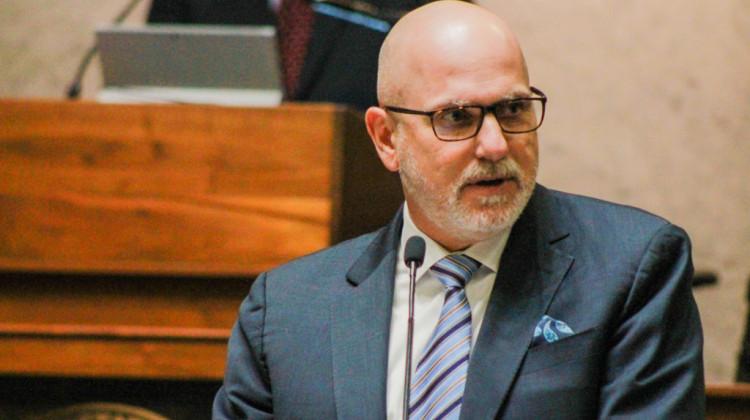
Experts say staffing facilities has become increasingly difficult throughout the pandemic.
(Carola68/Pixabay)The latest surge of COVID cases is challenging workers across all healthcare settings, but the impending omicron variant that is more infectious is causing concern in nursing homes.
A national survey from the American Health Care Association and the National Center for Assisted Living estimated 94 percent of U-S nursing homes suffered a staffing shortage that required one or more shifts to be filled with agency help or overtime.
Zach Cattell is the President of Indiana’s Health Care Association—the trade group that represents more than 480 long-term care facilities.
“It is about the most difficult time and staffing of operators that I've known who have worked in this sector for 30 or 40 years," he said. "We're down about 9,100 professionals since the beginning of March 2020."
AARP estimates more than one out of every five Indiana nursing homes has a staffing shortage.
While new cases among residents and staff have up ticked only slightly in recent weeks, concerns remain.
Currently, fewer than one in five Indiana long-term care facility workers have received a booster dose of the vaccine—which could spur additional quarantines during an already trying period.
Cattell points out that a greater share of nursing home workers have received a booster dose when compared to the average Hoosier, but does say more workers should be boosted.
 DONATE
DONATE







 Support WFYI. We can't do it without you.
Support WFYI. We can't do it without you.